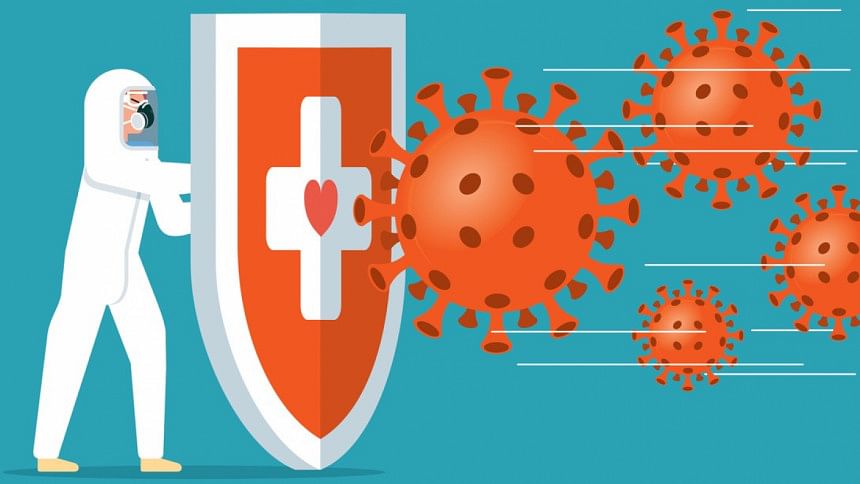Latest developments from a frontline healthcare worker in the UK

Recently we have been performing tracheostomies as part of a protocol for weaning the Covid patients from ventilators as the patient's lung functions continue to improve. Tracheostomy is a surgical procedure of making a hole in front of the neck and placing a plastic tube into the trachea (wind pipe). A new guideline has been introduced for UK hospitals approved by all the national bodies. We follow the national guideline and perform surgical tracheostomy in the theatre. The operation is done by an Ear Nose and Throat (ENT) surgeon taking all appropriate precautions and using Personal Protective Equipment (PPEs), as this is an aerosol generating procedure (significant risk of spreading the infection).
One of my colleague's father lives in Liverpool. He is elderly, lives on his own and vulnerable. The government is delivering food, groceries and other necessary supplies to his home directly every week. This regular supply is managed by the local councils and the councils are represented by councillors elected democratically by the local people. This home support is being given to every person who needs it in the UK. The government has injected a huge amount of money in the community to manage this crisis.
As I have mentioned in my previous report that more than 100 healthcare workers have died here after contracting the disease while on the line of duty, three fourth of them are from Black Asian Minority Ethnic (BAME) backgrounds. To find the answer, a professor in a London University hospital has opened a study and aims to recruit 12,000 people. The UK government has also opened an enquiry into the death of the disproportionate number of BAME doctors during this pandemic.
In the UK nearly 76,000 people are being tested for Covid each day. This will increase the number of contact tracing and isolation of more and more infected cases. The prime minister has declared that we have now passed the peak of Covid infection. The UK death rate is on the decline and the death curve has started to flatten. The UK death rate from Covid-19 could be the highest in Europe and second highest in the world. The government will lay out sthe plan next week how to come out of countrywide lockdown safely and effectively.
I have received a phone call from one of my friends, a retired ENT professor in Bangladesh. He informed me that alarmingly a high number of doctors and healthcare workers are getting infected with Covid despite using PPEs. One problem could be they are not using the WHO recommended appropriate PPEs. The other problem could be they are not following the strict procedure of donning (how to put on PPEs) and doffing (how to dispose of PPEs). All healthcare workers need to be trained how to do donning and doffing safely. There should be a person called "buddy" to help and supervise the process. The chances of contracting the infection are higher especially during doffing. I have seen an excellent video on this topic posted by "one health Bangladesh" on social media and would recommend every healthcare worker to watch it carefully.
I have received another phone call from my friend who is an orthopaedic surgeon in Bangladesh. He asked me about the management of emergency cases in theatre and how we manage Covid and non-Covid patients in the same hospital. Since March 16 we have postponed all elective hospital outpatient appointments, admissions and operations. All emergency cases on admission to hospital are swabbed for Covid and when they come to theatre for operation, they are treated as suspected Covid patients. We take full precautions including using PPEs in theatre. Only postoperatively after receiving the Covid test result, we put them into different Covid and non-Covid wards. In the UK all NHS hospitals are admitting and treating Covid patients. Covid patients are managed in a designated area of the hospital.
Bangladesh government has extended the public holidays till May 15, 2020 to encourage people to stay at home. This is an excellent step to contain the virus in the community. Meanwhile opening the garment industries and restaurants for iftar wouldn't help the situation. The public health experts and scientists in Bangladesh should advise the government when and how to ease the social restriction and lockdown safely. Otherwise there is a serious risk of resurgence of Covid infection and repeated waves of corona pandemic in Bangladesh.
Md Salimuzzaman Bhuiyan is general secretary, Bangladesh Medical Society in the UK. Email: [email protected]

 For all latest news, follow The Daily Star's Google News channel.
For all latest news, follow The Daily Star's Google News channel. 



Comments